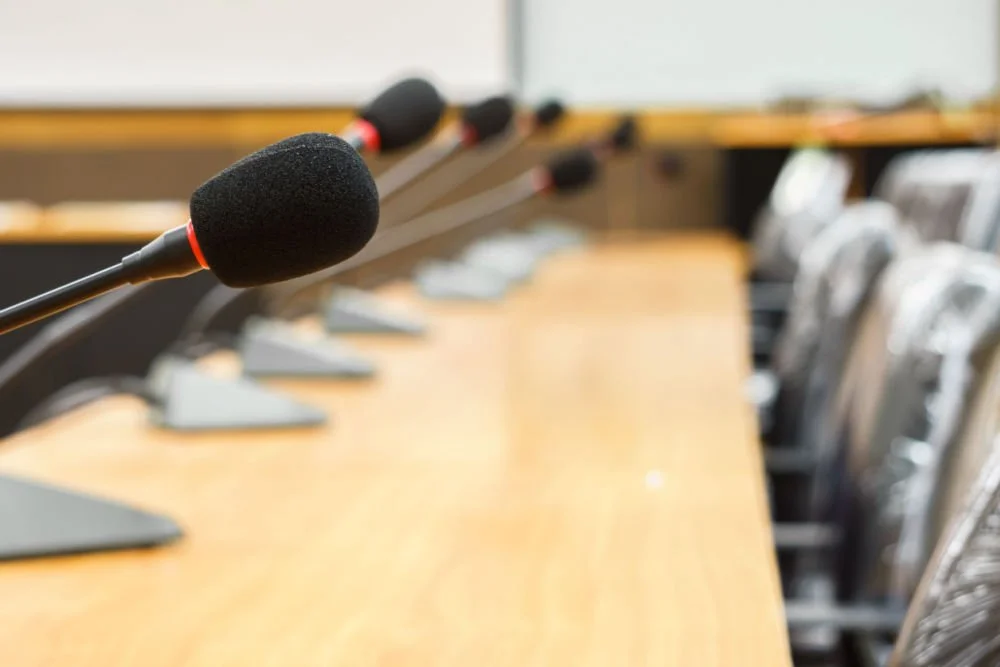"A Moral Imperative." What's This Finance Guy Doing to Help Kids Succeed?
/photo: hxdbzxy/shutterstock
Steve Klinsky, the founder and CEO of New Mountain Capital, has been catching headlines lately with his new philanthropic initiative Freshman Year for Free, but it’s hardly his first foray in education philanthropy.
Klinsky got his start in the business world at Goldman Sachs in the 1980s. About a decade later, he opened an after-school program in New York City in honor of his brother. He went on to found New York’s first charter school, the Sisulu-Walker Charter School of Harlem, in 1999. When Jeb Bush left Harvard’s Public Education Policy Group to run for president, Klinsky took over as chair. Now, he’s taking on college debt.
Klinsky says his family, especially his brother Gary, is a big reason he got into education philanthropy to start with. Klinsky remembers that when he was in kindergarten, he would come home after school, and his brother Gary, who was seven years his senior, would host an after-school program for Klinsky and his other siblings. Gary, who died of a genetic disease at 29, was the inspiration and namesake of the after-school program Klinsky founded in 1993, the Gary Klinsky Children Centers.
The idea was to extend the school day by 50 percent for kids at low-achieving schools in high-crime neighborhoods, Klinsky said. He realized he could extend the school day for a fraction of the cost by hosting the program in school buildings rent-free and hiring teachers who worked there.
The program focused on academics. Kids learned about a specific topic, like the rain forest, and curriculum addressed the subject from several angles, for example, a trip to a botanical garden, building a terrarium to measure rainfall, or turning the classroom into a rainforest.
The program now runs year-round. Since it started in 1993, it’s raised about $20 million in public and private funding with flashy partners like the New York Jets, Klinsky said. The Miami Heat replicated the program in their hometown.
Cost-efficiency and replicability are two principles that Klinsky brought to his latest philanthropic efforts in the Freshman Year for Free project by relying on the existing infrastructure and resources of schools.
Freshman Year for Free, run by Klinsky’s nonprofit, the Modern States Education Alliance, offers online college courses for free to prepare students for AP and CLEP exams that can count toward college credits. The nonprofit is covering exam fees for the first 10,000 test takers. If students pass enough exams, they could shave a year off college for a fraction of the cost.
Related: Does This Funder-Backed Effort to Help Students Beat High Tuition Costs Go Far Enough?
“We came up with what we think is a pretty practical answer to 25 percent of the problem. And it’s a $1.4 trillion problem, so 25 percent is pretty good,” Klinsky said. He thought of the idea during a dinner party in 2012 when a friend asked why college was so expensive.
Klinsky observed that online courses were becoming more mainstream, but they were just as expensive as on-campus courses. Meanwhile, courses that were available for free through Harvard and MIT’s EdX project didn’t lead to credit.
“How do you bridge the gap? How do you get great free courses that lead to credit?” That was the problem Klinsky set out to solve.
He started by lobbying the Department of Education to change how credits were awarded and penned several op-eds, but realized there was a limit to the amount of policy influence he could wield as a private citizen. Instead, he decided to fund a solution himself.
“I like to go past the policy and make it a reality,” Klinsky said. “Modern States is an extreme example of that, but every program I’ve done is trying to help a specific audience in a real way.”
Klinsky realized a path to credit already existed through the College Board’s AP and CLEP exams. He spent the next few years approaching professors and curating a catalog of high-quality, online courses that corresponded with CLEP and AP subjects. The initiative launched this fall with more than 40 online courses. So far, 30,000 people have signed up, Klinsky said.
There’s not enough data yet to say how many of those participants will graduate early—most students who take AP exams don’t, and historically, CLEP exams were used mostly by nontraditional students, which skews the data—but Klinsky is excited by early feedback from participants. There’s the mother of a sick kid who saved on tuition by taking Modern States courses in hospital waiting rooms; the military veteran who ran out of money just short of graduating, who used Modern States to finish his degree. Then there’s William Rush, the homeschooler from Washington, the first of the Modern States cohort to pass a CLEP exam before taking and passing several more, who, incidentally, plans to skip college and become an electrician, instead.
Is Klinsky concerned that students like Rush, who take the courses but don’t apply them to college credit, could be the norm for Modern States? Not really. “Maybe he will end up going to college, but if not, he’ll be a more highly educated person than he would’ve been without it [Modern States],” Klinsky said. “We just want people to be able to achieve what they want to achieve in their lives, and we think education is a fundamental thing in a person’s life.”
Freshman Year for Free sets a lofty goal for Modern States, and Klinsky believes the courses and College Board exams provide a path to get there. However, the more you talk to Klinsky, the more it becomes apparent that Modern States is about more than cutting student debt; it’s about making education accessible to anyone who wants it.
During our conversation, the comparison that Klinsky returned to again and again was that Modern States is like a public library. “It’s for anybody. If someone builds a public library in town where there was no public library before, who will use it? All sorts of folks can use it.”
He said, “It’s a moral imperative to let people get educated.” In that sense, even though student debt may seem worlds apart from afterschool programs, for Klinsky, it isn’t. Helping anyone who wants an education get one has always been what it’s about.
Related:







































